Government Has Killed At Least 402 Protesters In Iran: HRANA
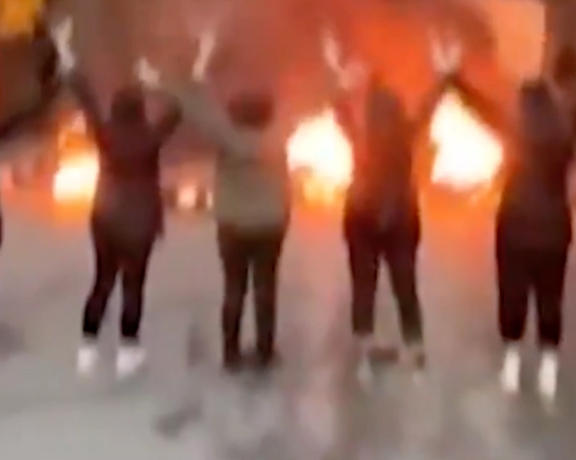
Amid intense protests this week in Iran, the number of people killed by security forces during the protest movement since mid-September has risen to 402.

Amid intense protests this week in Iran, the number of people killed by security forces during the protest movement since mid-September has risen to 402.
The US-based Human Rights Activists News Agency (HRANA) announced in its latest report that from September 16 until Friday, November 18, at least 402 protestors have been killed, of which at least 58 were minors.
While the Islamic Republic has not provided accurate figures of those detained in the recent protests, the watchdog went on to say that at least 16,813 protesters have been arrested including 524 students.
Among the detainees are dozens of journalists, artists, filmmakers and other public figures.
Almost 150 Iranian cities have been the scene of anti-government demonstrations, it underlined.
This report also states that at least 140 universities have been the scene of student protests during this period.
In its previous report on Thursday, the group put the number at 381, showing that at least 21 people were killed just in 24 hours.
The Oslo-based Iran Human Rights Organization said on Wednesday at least 342 people including 43 children and 26 women have been killed by security forces in the ongoing nationwide protests.
Protesters have been killed in 23 provinces, with the most reported in Sistan and Baluchestan, Tehran, Mazandaran, Kordestan and Gilan respectively, says IHR.
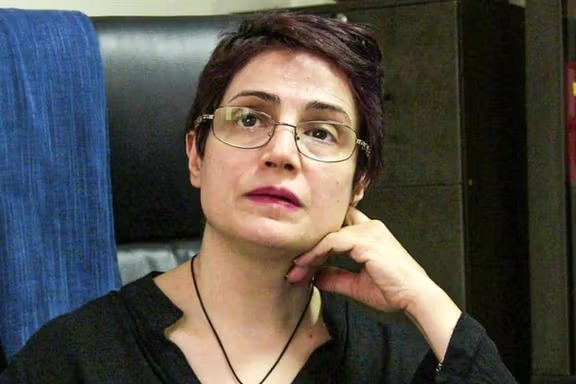
Iranian human rights lawyer, Nasrin Sotoudeh, has won the Robert Badinter Award at the 8th World Congress Against the Death Penalty in Berlin.
The award was given to Sotoudeh for her activities in the fight against the death penalty and her efforts to abolish “this inhumane and irreversible punishment.”
Many people were nominated for this award, but Sotoudeh was selected as the winner from among four finalists. She has spent many years in prison in Iran after defending other human rights advocates.
Robert Badinter, the former Minister of Justice of France, has been a long-time activist for the abolition of the death penalty.
Mahmoud Amiri Moghadam, Director of Oslo-based Iran Human Rights Organization received this award on behalf of Nasrin Sotoudeh and recited her message.
Referring to the death sentences issued against Iranian youths for participating in the anti-government protests, Sotoudeh in her message, asked the world to be the eyes and ears of Iranians at this difficult time.
The 8th World Congress against the Death Penalty took place in Berlin 15-18 November 2022. This event brings together more than1,000 participants from 90 countries– human rights activists and public figures who work towards the abolition of death penalty.
Amnesty International on Wednesday said the Islamic Republic is seeking to execute at least 21 people arrested during the protests after “sham trials” to intimidate dissent.
Sotoudeh represented imprisoned Iranian opposition activists and politicians as well as prisoners sentenced to death for crimes committed when they were minors.
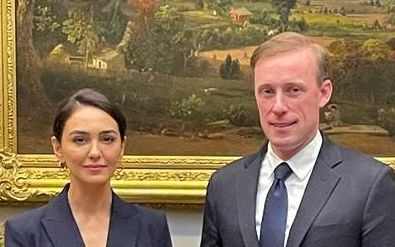
The United States Friday voiced solidarity with Iranian protesters and sympathy for victims killed by security forces, vowing consequences for Tehran’s abuses.
National security adviser Jake Sullivan tweeted about Kian Pirfalak, a nine-year-old boy shot dead when security forces opened fire at his family car in the street earlier this week.
“My thoughts are with Kian’s family,” he wrote and added, “At only 9 years old, Kian was killed after Iranian security forces sprayed his family car with bullets. We will continue to pursue accountability for the senseless death of Kian and so many other courageous Iranians.”
A Twitter user replied to Sullivan that these security forces belong to the Islamic Republic and are not Iranian. Hundreds of other comments demanded more action than words from the United States, some saying that Tehran’s rulers should be further isolated, and others demanded a formal end to nuclear negotiations.
State Department deputy spokesperson Vendant Patel on Friday also spoke about the protests in a briefing to reporters, highlighting that demonstrations this week are in memory of hundreds of people who were killed by government forces in November 2019 in similar circumstances.
“Even today, family members of November 2019 protestors are being arrested, detained, and intimidated for publicly demanding justice for their deceased relatives. The United States remembers the “Bloody November” and we mourn the loss of Iran’s innocent peaceful protestors,” Patel said. He went on to say that the Islamic Republic disregards the lives of its citizens, especially women.
“Iranian authorities aim to stop dissent and stop the world from watching its brutal crackdown and to prevent the world from taking note of its state-sponsored violence against women,” the spokesperson underlined, pledging to hold Tehran accountable. “We continue to pursue unilateral action, multilateral measures, and UN mechanisms to hold Iranian authorities accountable for this flagrant denial of the Iranian people’s human rights and fundamental freedoms.”
The Biden Administration has frozen nuclear talks with the Islamic Republic, which it pursued for 18 months until August, because of what it says is Iran’s unacceptable demands outside the confines of the nuclear issue. The main hurdle appears to be some sanctions imposed by the previous administration for non-nuclear reasons, including support for terrorism, Tehran’s missile program and human rights violations.
The current round of protests, triggered by the death of Mahsa Amini by Islamic Republic’s ‘hijab police’, have toughened Western attitudes toward Iran’s clerical regime. The fact that the unrest began because of oppression against women finally exposed gross Tehran’s gross violations of human rights.
Some Democrats in Congress have also voiced support for the protests, in addition to vociferous Republican opposition to the Iranian regime. One of this strong voices is Senator Robert Menendez of New Jersey, who is opposed to the 2015 nuclear accord known as the JCPOA and demands a tougher position against Tehran.
As the administration issued multiple new sanctions this week on foreign individuals and companies violating Iran sanctions, 14 Democrats on the House Foreign Affairs Committee demanded greater “pressure on the [Iranian] regime” and “justice and accountability for the brave Iranians who already lost their lives at the hands of state authorities…”
Among the signatories were Joaquin Castro, Ted Lieu, Ilhan Omar, Brad Schneider, and Susan Wild. Lieu, who opposed the JCPOA in 2015, said the US should “impose immediately all sanctions that are still available on Iran.”
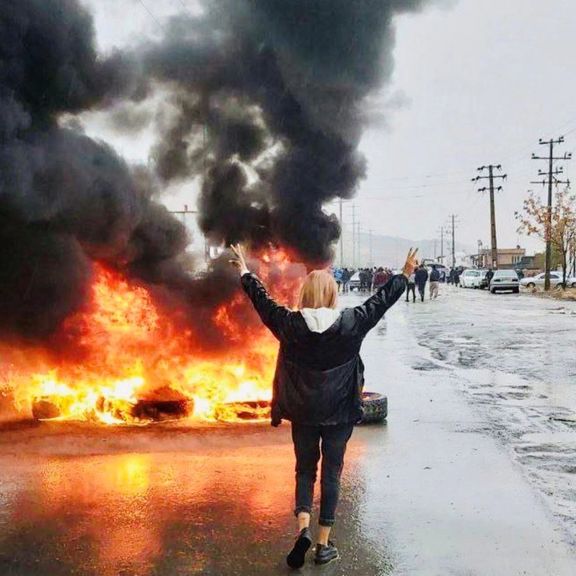
The nationwide protests in Iran have become angrier and more bitter as people held mourning ceremonies for children killed by government forces in the past few days.
The unrest went into the third month on Friday following three days of protest in honor of hundreds killed by the government in a similar uprising in November 2019. But protesters are now angrier and more determined as government forces have killed several children and young adults this week.
According to human rights groups, security forces had killed more than 40 children until this week when more lost their lives. Some took part in the protests, but many simply happen to be in the wrong place at the wrong time, when riot police or government vigilantes opened fire.
Protests became more widespread and fierce since Tuesday as these deaths heightened the degree of anger felt against the government.
People in the capital Tehran held protests in several neighborhoods with people chanting slogans against the government while many streets were in control of the protesters. The grassroot group, identified as the youth of the neighborhoods of Tehran, has also called for protests for the next three days.
Kian Pirfalak, a nine-year-old boy who was killed in the city of Izeh in Khuzestan province on Wednesday, became the latest icon of the protests. In addition to his hometown, people in many other cities held gatherings in his memory, holding placards that bore his name or a phrase that he used in a video that went viral after his death. He started the video, apparently an innocent school science project, in the name of “the God of rainbow” and went on testing a boat made up of ice-cream sticks.
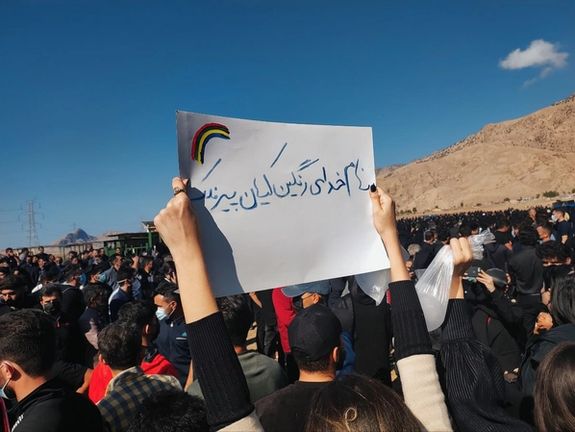
The shame and political cost of killing a nine-year-old is so deep that even the Islamic Republic tries to deny that their plainclothes agent killed Kian and claims that “terrorists” were responsible. Kian’s mother, Zeinab Molairad, however, boldly contradicted the government’s account stating that security forces were the ones who opened fire at their car when they were near a spot where people were protesting. His father was also injured and unconfirmed reports say that he has died of injuries in the hospital.
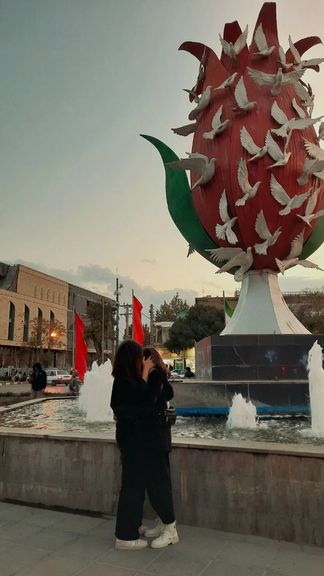
The uprising of the Iranian people was triggered by the death in custody of 22-year-old Mahsa Amini. On her epitaph, it was written that her name would become the codename of the protests, and it did. Mahsa Amini is now the most tweeted hashtag in the history of online media.
The current wave of protests is creating symbols, icons, songs and artworks as it is going on, putting the Islamic Republic in a crucible that seems more and more daunting with everyone they kill to quash the unrest.
Iranians have been holding daily protests for at least two months but the protests were mainly in big cities. In recent days small towns have also become scenes of protests as mourning ceremonies for fellow residents happen to morph into protest rallies while security forces resort to every trick they know to prevent people from holding demonstrations.
People in Semirom in Esfahan province, Bukan and Mahabad in West Azarbaijan province, Qazvin, and Tabriz in East Azarbaijan province held huge gatherings as they were burying young protesters who were killed by forces dispatched to suppress their protests.
Kamyaran, Qorveh and Bijar in Kordestan province, Paveh in Kermanshah, Arak and Khomein in Markazi, Ardabil and Ilam, Babol in Mazandaran, Khoy in West Azarbaijan, Bandar-e Deyr in Bushehr province, Parsian County in Hormozgan, and Tuyserkan in Hamedan were among cities and towns that were scenes of rallies and clashes on Friday.
Moreover, Friday was an action-packed day in southeastern province of Sistan and Baluchestan where many cities and towns were scenes of large antigovernment protests.
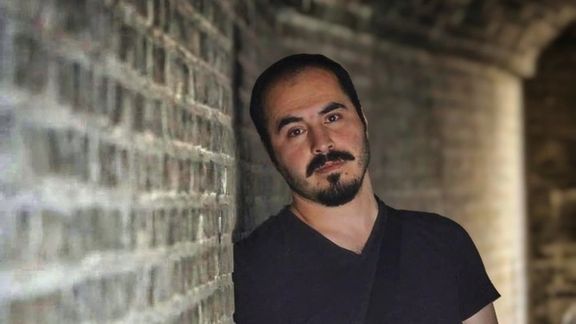
Family members of some Iranian political prisoners have warned about the health condition of the detainees who are deprived of having access to medical care.
Sakineh Ronaghi, the sister of Hossein Ronaghi, a human rights activist and journalist, wrote on her Instagram page that her brother is in a “very serious condition” and he will not survive more than five or six days if he is not admitted to hospital immediately.
The dissident blogger and freedom activist Hossein Ronaghi was arrested over his support for protests late in September, and prison guards broke his legs in detention.
Ahmad Ronaghi, his father, also released a video message saying that his son called him from prison on Thursday saying that “he is not feeling well at all.”
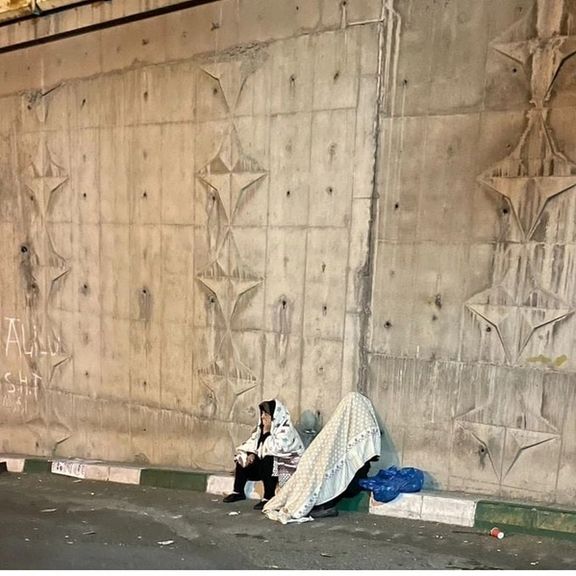
He said although doctors insisted “Hossein should be transferred to hospital immediately,” the prison authorities kept him in Evin prison’s infirmary.
Meanwhile, Hossein Sadeghi, father of civil activist Arash Sadeghi, pointed out that his son is suffering from bone cancer, warning about his health condition and the consequences of his lack of access to medicines.
"In a phone call, we found out that Arash's medications are not available in the prison infirmary, and we are not allowed to get medicines from outside,” he wrote on his Instagram page Thursday.
Arash Sadeghi was arrested on October 12 during anti-regime protests. In May 2021, he was released from Rajaei Shahr prison in Karaj after serving a five years and six months sentence.

As nationwide protests in Iran entered their third month on Friday, there is no sign of unrest abating as mourning ceremonies for protesters morph into new rallies.
Friday has been an action-packed day across the country and in southeastern province of Sistan and Baluchestan where cities and towns were scenes of large antigovernment protests. People in the cities of Chabahar, Iranshahr and Khash as well as provincial capital Zahedan held massive gatherings following Friday prayers and chanted slogans against the Islamic Republic and its ruler Ali Khamenei.
People in Zahedan were chanting slogans for freedom and also in honor of Khodanour Lajoie, a young man shot dead on October 1. A photo of Lajoei chained to a lamppost by the police several months ago has turned into a symbol of the government’s injustice in the impoverished province.
Videos published on social media showed resident of Khash chanting “This is the year of blood, Seyyed Ali (Khamenei) will be gone,” as another group of people were dislodging a street sign carrying the name of IRGC’s extraterritorial Quds force commander Qasem Soleimani, an icon for the Islamic Republic who was killed in a US targeted air strike in Iraq. Since the beginning of the current wave of protests, ignited by the death in custody of 22-year-old Mahsa Amini, a lot of statues and banners of Islamic Republic figures have been destroyed or burnt down by people. The Islamic Republic has put forces on guard specially to protect its symbols.
In his Friday Prayer sermon, Sunni religious leader Molavi Abdolhamid said the visit of a delegation sent by Supreme Leader Ali Khamenei did not meet the expectation of his people, emphasizing that he would not be threatened or bribed into condoning the bloodshed in Zahedan and Khash. Abdolhamid, generally known as one of the most influential political and religious leaders in Iran as nearly 15 million Sunnis listen to him, had earlier held Khamenei accountable for the attacks on protesters. He noted that he would negotiate and interact but would never bargain over the blood of the people.
Tehran Friday Imam Mohammad Javad Haj Ali Akbari went to Zahedan this week as Khamenei's envoy to try to pacify growing opposition among Sunnis after two attacks that killed 100 Sunnis. Following his meeting with Abdolhamid, Akbari harshly criticized him and other Sunni clerics for being ungrateful for what he said the Islamic Republic has done for them.
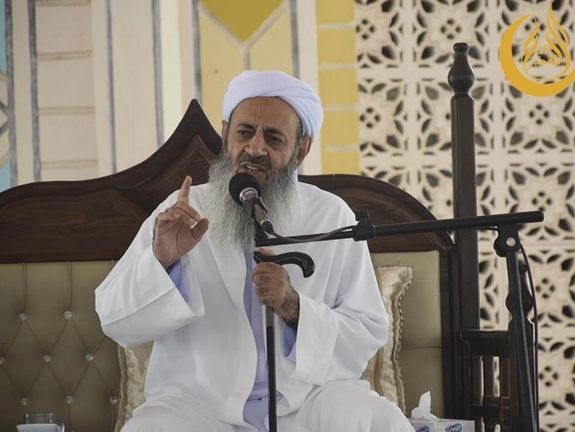
Reports from Tehran said that during the meeting Abdolhamid complained about government discrimination against Sunnis and said that Khamenei has not replied to several of his letters. Abdolhamid wrote in a November 16 tweet, "We expected the Leader's envoy to see the realities on the ground, condemn the crimes that were committed in Zahedan's bloody Friday, and appease the family members of those who have been killed or wounded in the attacks and to uphold their rights rather than threatening and intimidating the oppressed people."
In addition to Sistan and Baluchestan, people in many cities such as Tabriz and Tehran were out on streets chanting slogans focused on the death of a nine-year-old boy, identified as Kian Pirfalak, who was killed in the city of Izeh in Khuzestan province on Wednesday.